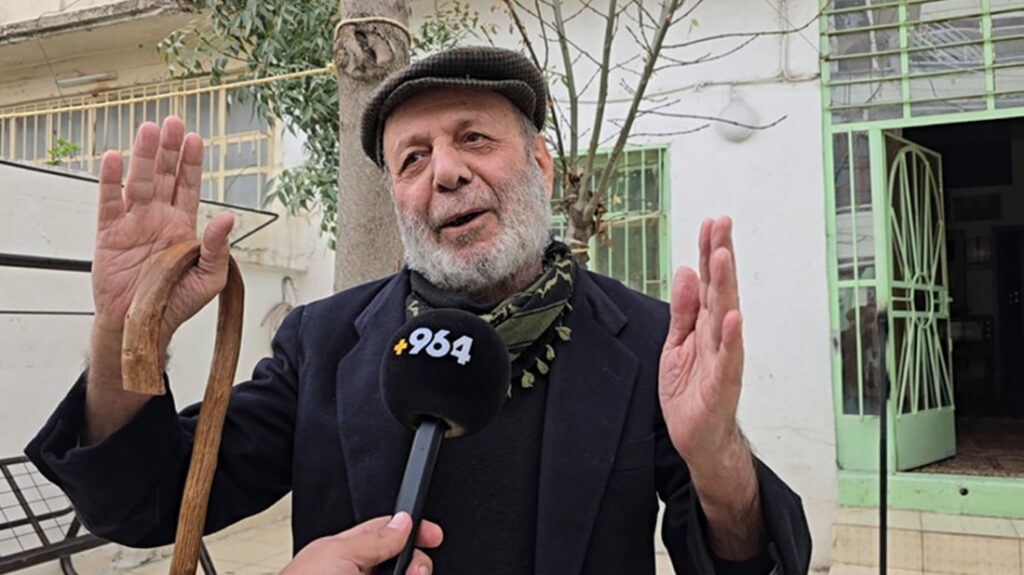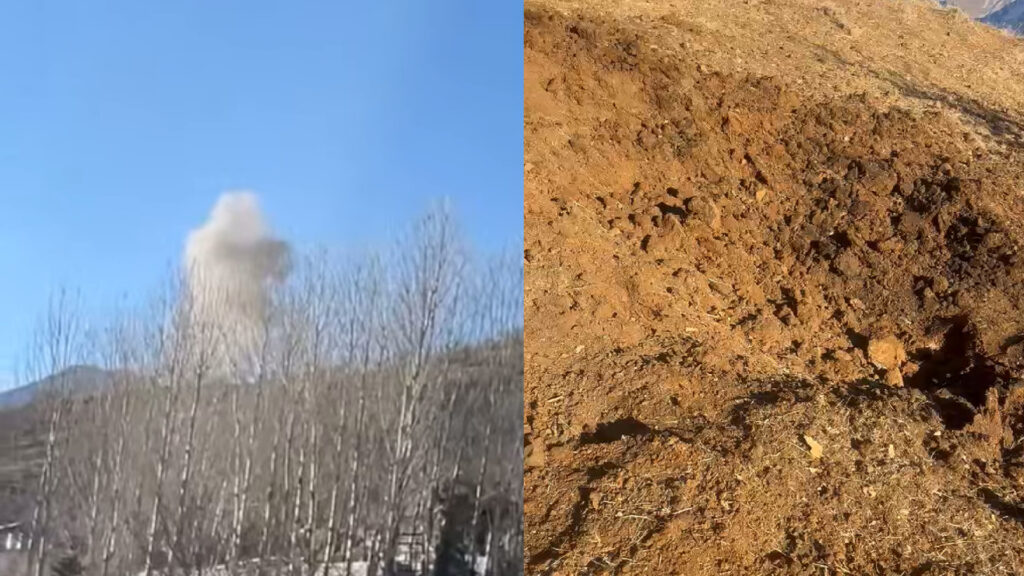Iraqi gov't limits acting Kirkuk governor’s influence with oil, metal, security

ERBIL, Kurdistan Region — The Iraqi government has informed the acting governor of Kirkuk that he is no longer authorized to issue letters regarding petroleum products, iron scrap and security companies.
“As per new instructions from the [Iraqi] General Secretariat of Council of Ministers … all letters from this province’s office with the signature of the governor or his deputy are invalid, typically regarding the facilitation for the transportation of petroleum products, iron scrap, and the work of security companies,” read a letter from the office of Rakan al-Jabouri.
Rudaw first obtained the document on Wednesday. It was dated January 29 and addressed to relevant security forces of the province.
Click to enlarge
It is not immediately clear what prompted Baghdad to change the governor’s powers. However, there have been reports of corruption in the three sectors, especially when it comes to the registration of security companies.
The oil-rich province fell to Iraqi forces supported by Iranian-backed Hashd al-Shaabi paramilitias in October 2017 when Peshmerga forces withdrew.
Then Prime Minister of Iraq Haider al-Abadi removed Governor Najmaldin Karim, a Kurd, and tasked Jabouri, an Arab, to be acting governor. Abadi claimed Karim should not have allowed the province to participate in the Kurdistan Region’s independence referendum in September 2017.
Since then, Kurds and some Turkmen allege Jabouri has exploited his position to empower Arabs, typically by giving Kurdish properties to Arabs who are often from elsewhere in Iraq.
Abadi hosted Jabouri in Baghdad on Tuesday. In a general statement, Abadi said they discussed the security situation in Kirkuk and other matters.
Jabouri adds in the letter that his responsibilities in these three fields are limited to coordinating security forces and to briefing them.
The new instructions follow Iraqi Prime Minister Adil Abdul-Mahdi’s decision to replace Hashd forces with his own forces in the province.
Internationals have begun to acknowledge a security gap between Iraqi forces and the Peshmerga in the disputed areas. The Iraqi Army and Peshmerga have announced plans to implement joint patrols, as local intelligence officials say ISIS extremists are regrouping in the areas.



